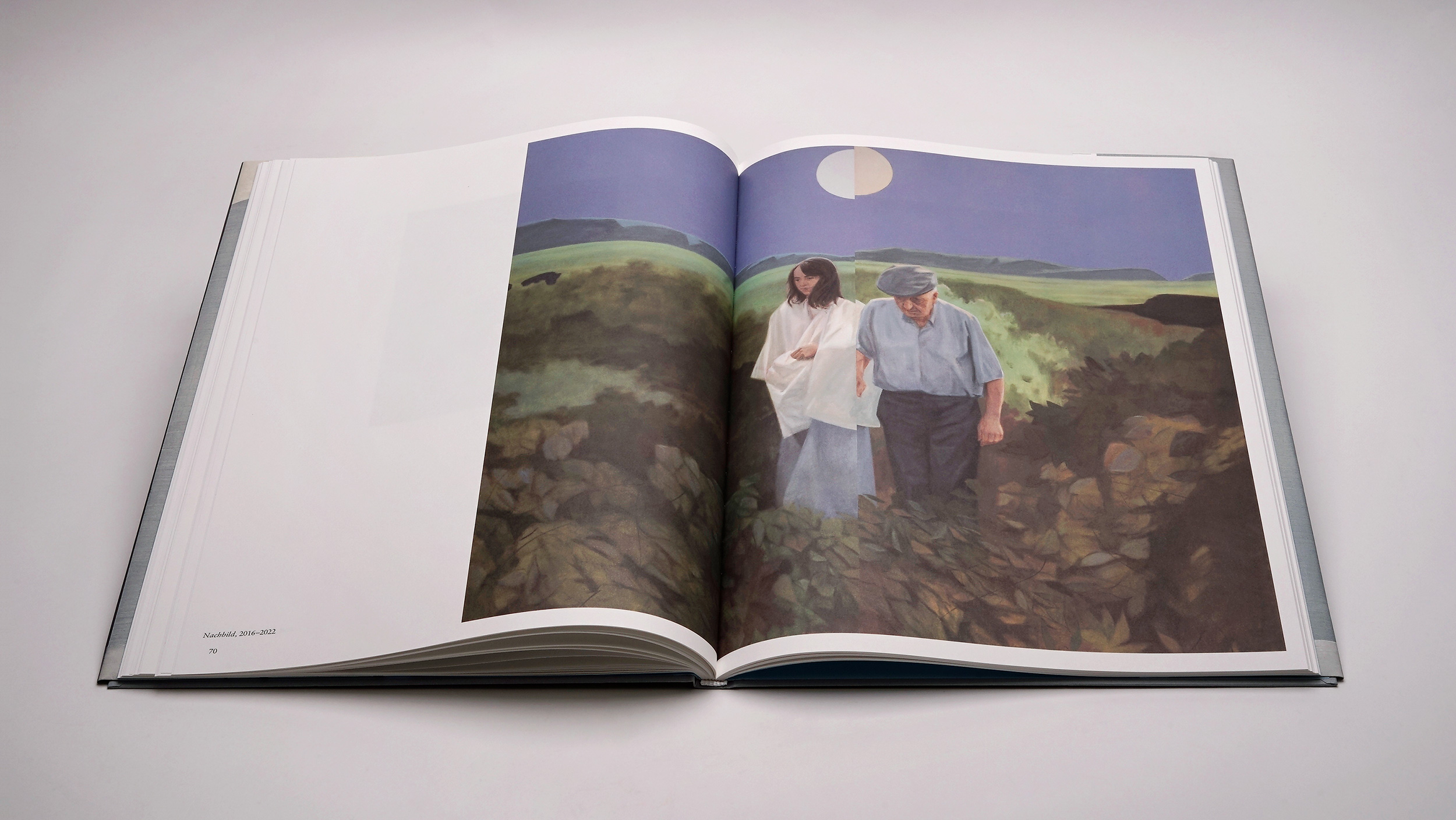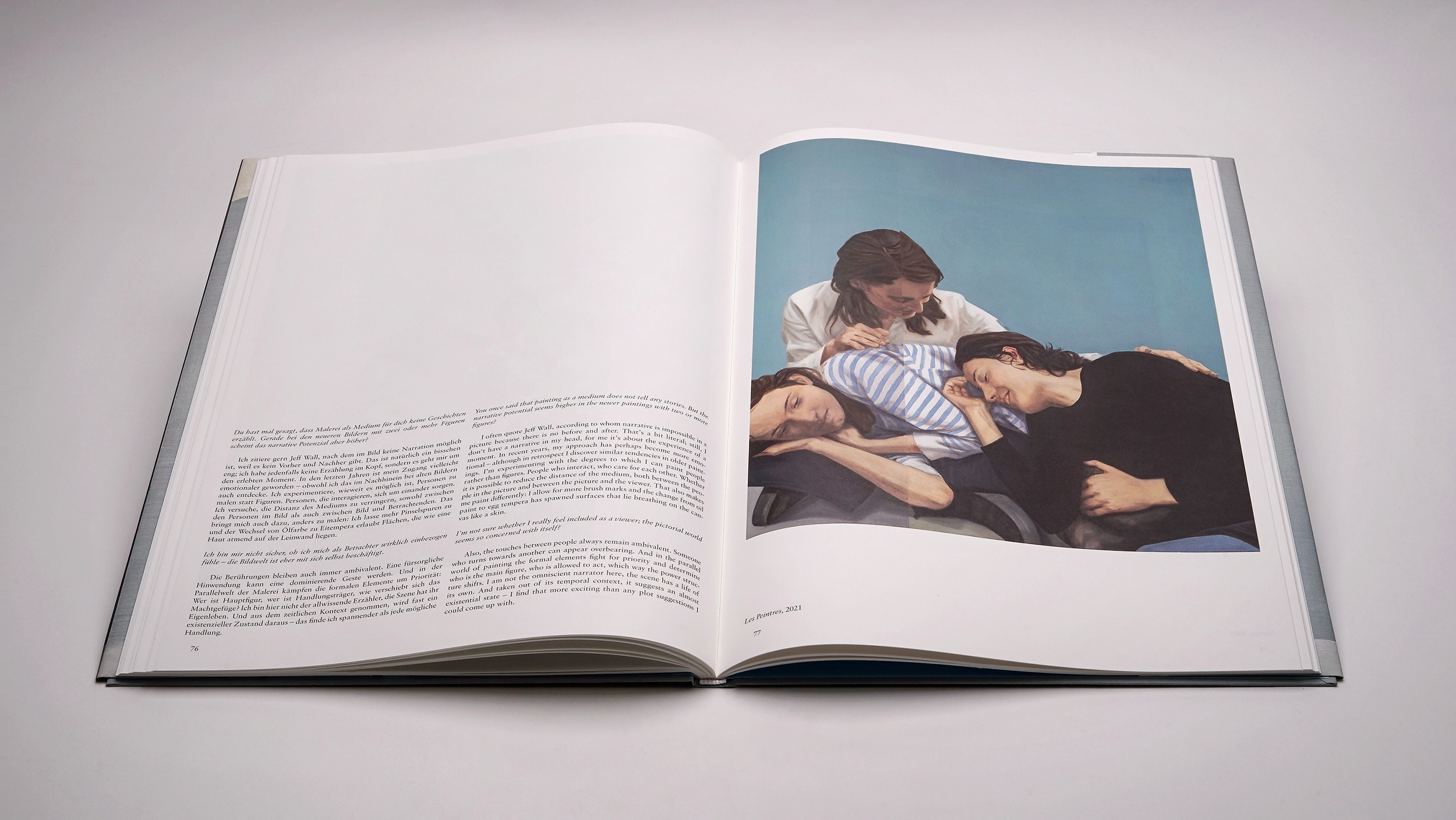
WEIGHT: 62 kg
Bust: E
One HOUR:120$
Overnight: +60$
Services: Sex anal, Tantric, Deep Throat, Mistress, Fetish
Tim Eitel initiates an exchange between recollection and painting. In the course of this dialogue, Eitel reflects on personal experiences, creating a standalone figural-abstract reality that needs to be internally consistent—the canvas has a strong will of its own. That makes the scenes depicted in his paintings analogues or afterimages of a situation rather than renditions of it. They are characterized by a certain openness that enables the beholders to inject their own recollections into the pictorial space as well.
The dialogue between canvas and artist thus gives way to a colloquy between audience and finished work. Not by coincidence, many of the paintings by Eitel gathered in this catalog show people in museums: these scenes facilitate the leap into the pictorial space. The beholders have experienced a situation like the one shown in the pictures in the past or are experiencing it right now, and so they are already at the heart of the works; they become part of the painting, and the picture becomes a particle of their recollection.

The biography of conceptual artist MK Kaehne b. Vilnius, ; lives and works in Berlin oscillates between Vilnius, Moscow and Berlin. Influenced by Russian Constructivism, he draws and builds suitcase sculptures with a department store aesthetic, a reversal of the readymade principle. Unintentional drawings, in which biographical, Dadaist and political elements merge, accompany his oeuvre.
A total work of art that traces personal and social development. His paintings, graphic art, sculptures, performances, and installations explicitly grapple with colonialism, migration, and inequality; he directs our attention to the devastations wrought by humans, to the slow deaths of nature and cultures. But he does not dwell in this abyss. His choice of words and the aesthetic of the works gathered in this catalogue suggest that he is not alone in this undertaking.

With them and with all of us, Toguo envisions a colorful future, a universe of exuberant energy and joie de vivre. The unique document of the time visualizes in a special way the important role that the topics of cultural education and culture in rural areas, which are still relevant today, played in the young Weimar Republic immediately after the First World War.


































